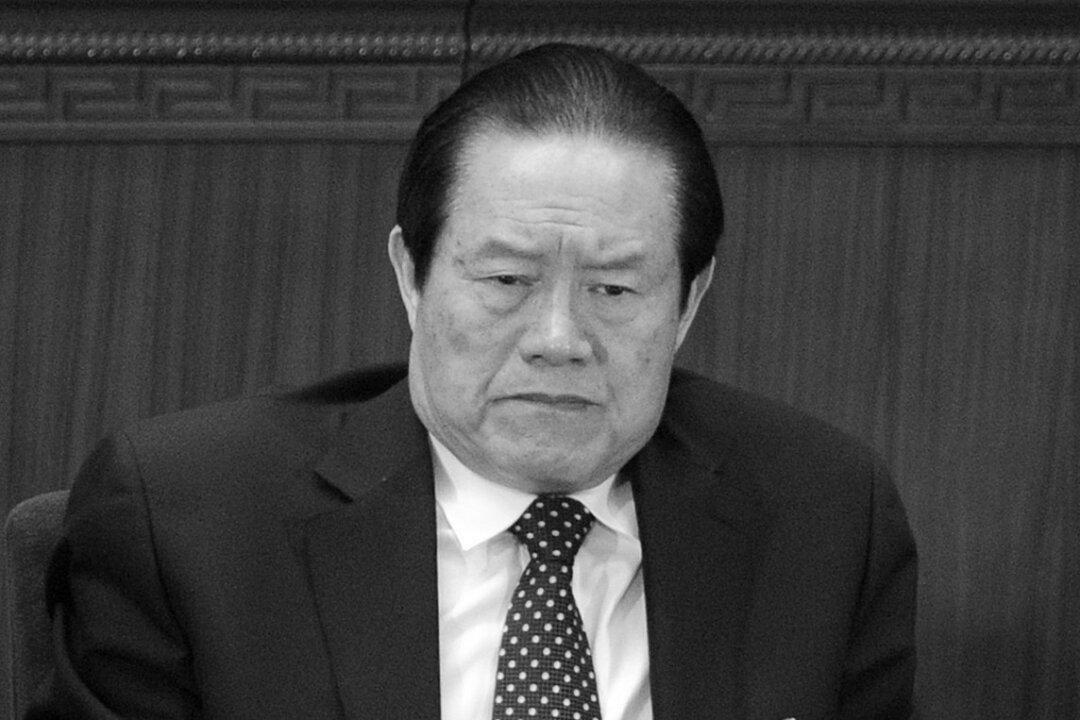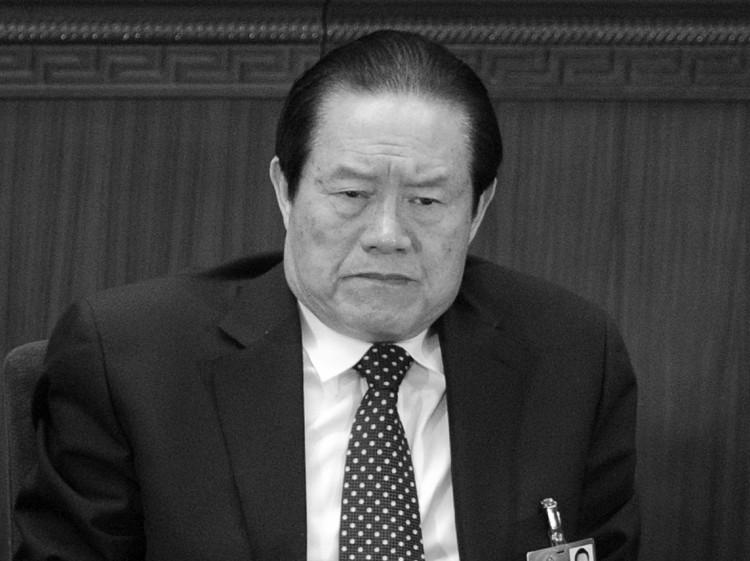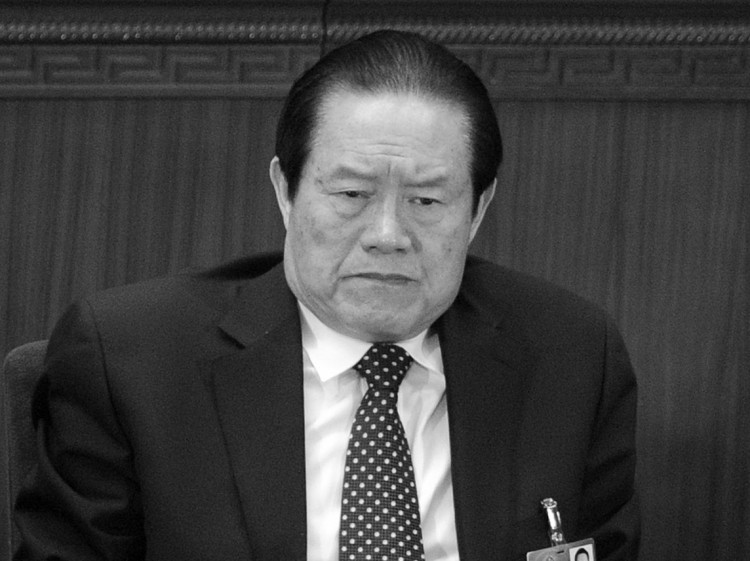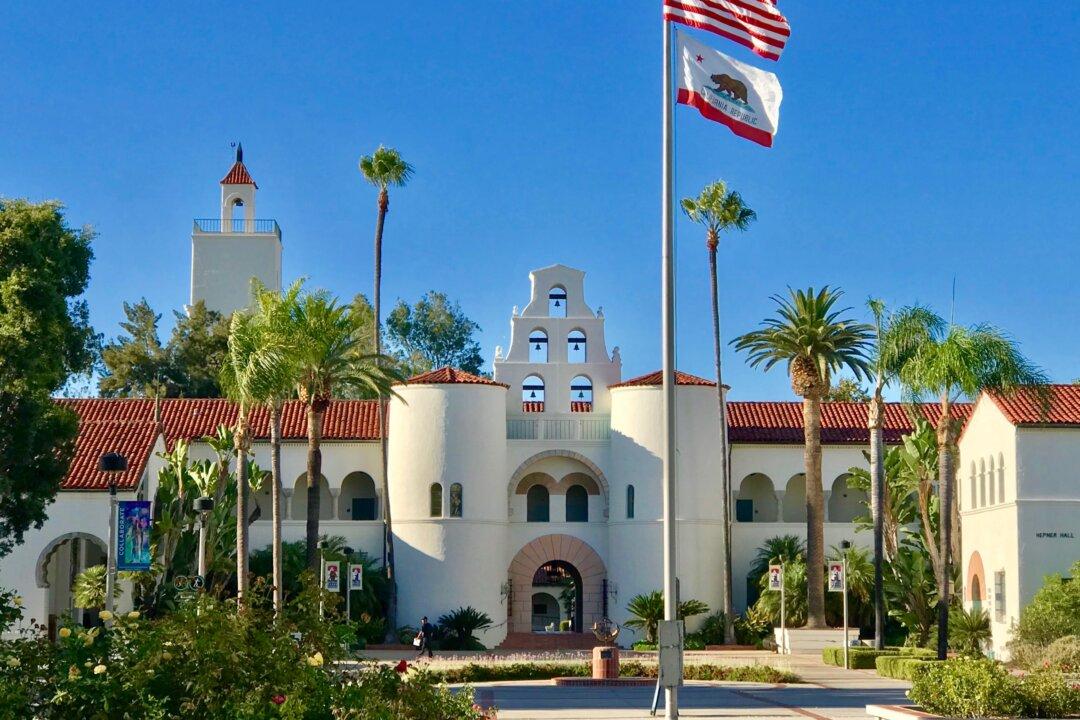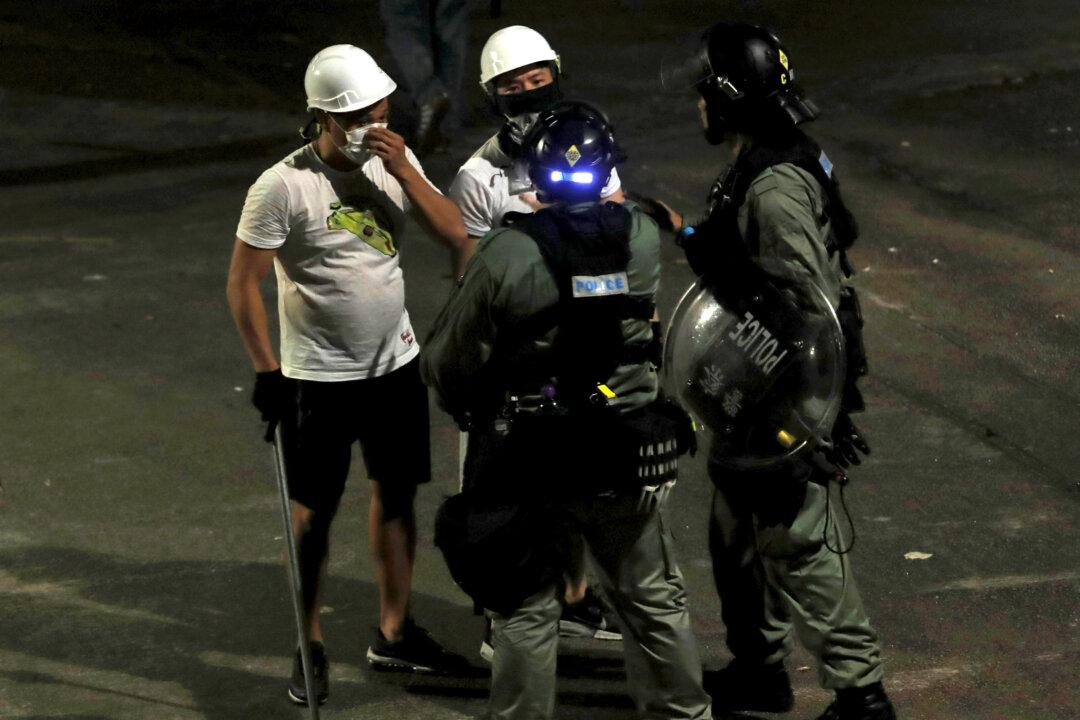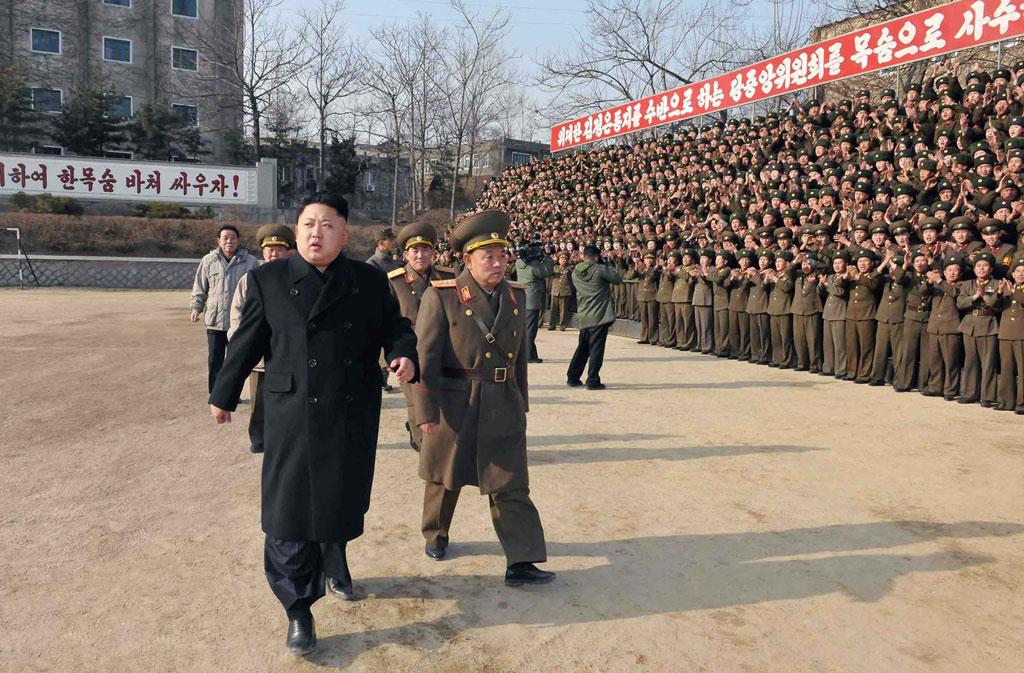Last year a teenager in China sold one of his kidneys so he could buy an Apple iPad 2. More than a year later, Chinese state-controlled media latched onto the story and published a series of commentaries about China’s black organ market. The publicization of what is usually considered highly sensitive information--abuse of organ transplantation--coincides with a furious battle at the top of the regime’s leadership.
The kidney trade story, reported by state outlet Guangming Daily on April 17 and widely echoed in Chinese media, is of a 17-year-old student from Anhui Province, by the last name of Wang, who wanted an Apple iPad 2 but didn’t have the money. The young man connected with an on-line organ agent who said that a kidney could be traded for 20,000 yuan (US$3,200), and so they made a deal. But the operation, conducted without parental consent in Hunan Province, didn’t turn out well and left the student with serious medical problems.
The question is why, at this time, Chinese state media gave so much exposure to China’s underground organ trade, a topic it has painstakingly avoided in the past?
Click www.ept.ms/ccp-crisis to read about the most recent developments in the ongoing power struggle within the Chinese communist regime. In this special topic, we provide readers with the necessary context to understand the situation. Get the RSS feed. Get the Timeline of Events. Who are the Major Players? ![]()
Frank Xie, a professor at the University of South Carolina Aiken, believes that there is a reason, and the timing is well calculated by Communist Party leaders. By letting some news about abusive organ transplantation enter the public consciousness, Party leaders are positioning things for the inevitable disclosure of the bigger news: the use of prisoners of conscience, particularly Falun Gong practitioners, as forced organ donors. The practice has resulted in tens of thousands of deaths, according to experts who have studied it.
Since they understand that it would be impossible to keep a lid on the story forever, Party leaders are raising the issue deliberately in the media now, as a prelude to attack and take down Zhou Yongkang, the head of the security forces, Xie argued in an interview with the Chinese radio station Sound of Hope.
Zhou is the head of the powerful Political and Legislative Affairs Committee, which controls the police, armed police, and all aspects of law enforcement. He is also a member of the Politburo Standing Committee, the nine-member group which rules the country. Zhou has also been the main person carrying out the persecution of Falun Gong, on the orders of his political patron Jiang Zemin, the former leader of the regime who initiated the bloody campaign.
Bo Xilai, an official who has been recently taken down in elite political struggle, is also implicated, Xie says.
In 1999, when former head of the CCP, Jiang Zemin ordered the persecution, Bo was the mayor of Dalian, Liaoning Province, and on the outside of the CCP’s elite. Bo became an enthusiastic enforcer of the persecution in its early years, which gave him the political capital with then-Party leader Jiang, ensuring swift elevation up the Party hierarchy.
Liaoning Province became a center for the most severe mistreatment of Falun Gong practitioners, according to the World Organization to Investigate the Persecution of Falun Gong. The human rights organization reports that Liaoning Province invested 930 million yuan (US$112.3 million) over three years, starting from 2002, in constructing and refurbishing prisons throughout the province. Over 500 million yuan (US$60.41 million) was spent on Masanjia alone, turning it into a prison city that now occupies 329 acres, able to hold 10,000 people.
Liaoning Province also became the “epicenter” of forced organ harvesting from living Falun Gong practitioners according to independent researcher Ethan Gutmann.
Given that the organ harvesting question ties both Bo and Zhou together, and in light of the recent freedom in searching for what has usually been a highly sensitive topic, Xie suggests that it could be a prelude to the purge of Zhou and the exposure of the crimes of he and his political allies.
“Apparently, top Chinese government officials understand that the evil crimes of live organ harvesting can no longer be covered up,” Professor Xie said. “Exposing evidence of this extremely sensitive issue serves to expose Zhou Yongkang’s crimes, who has taken an opposite political stance against the incumbent leaders.”
